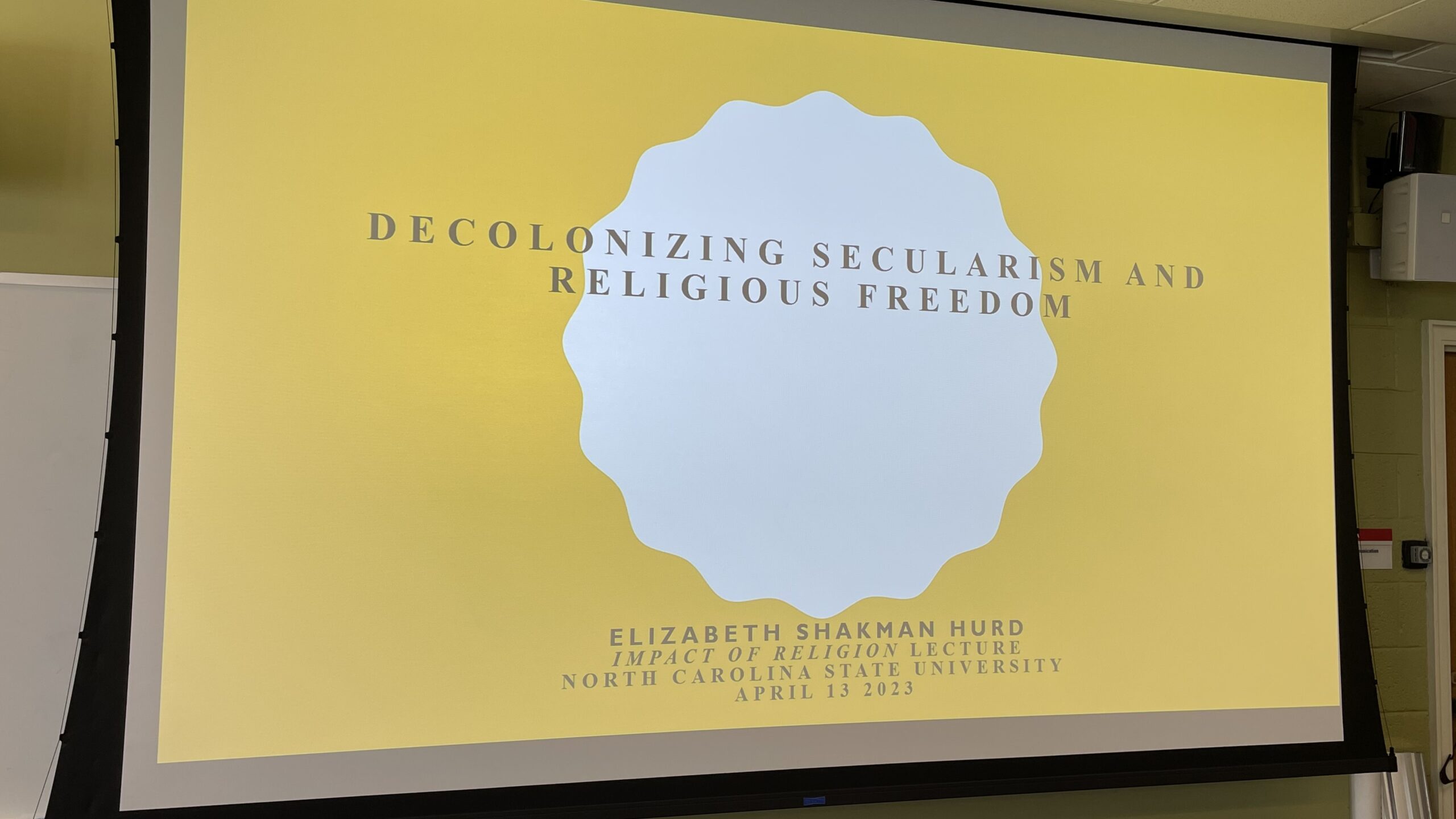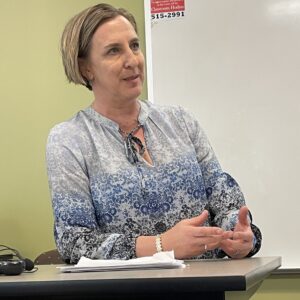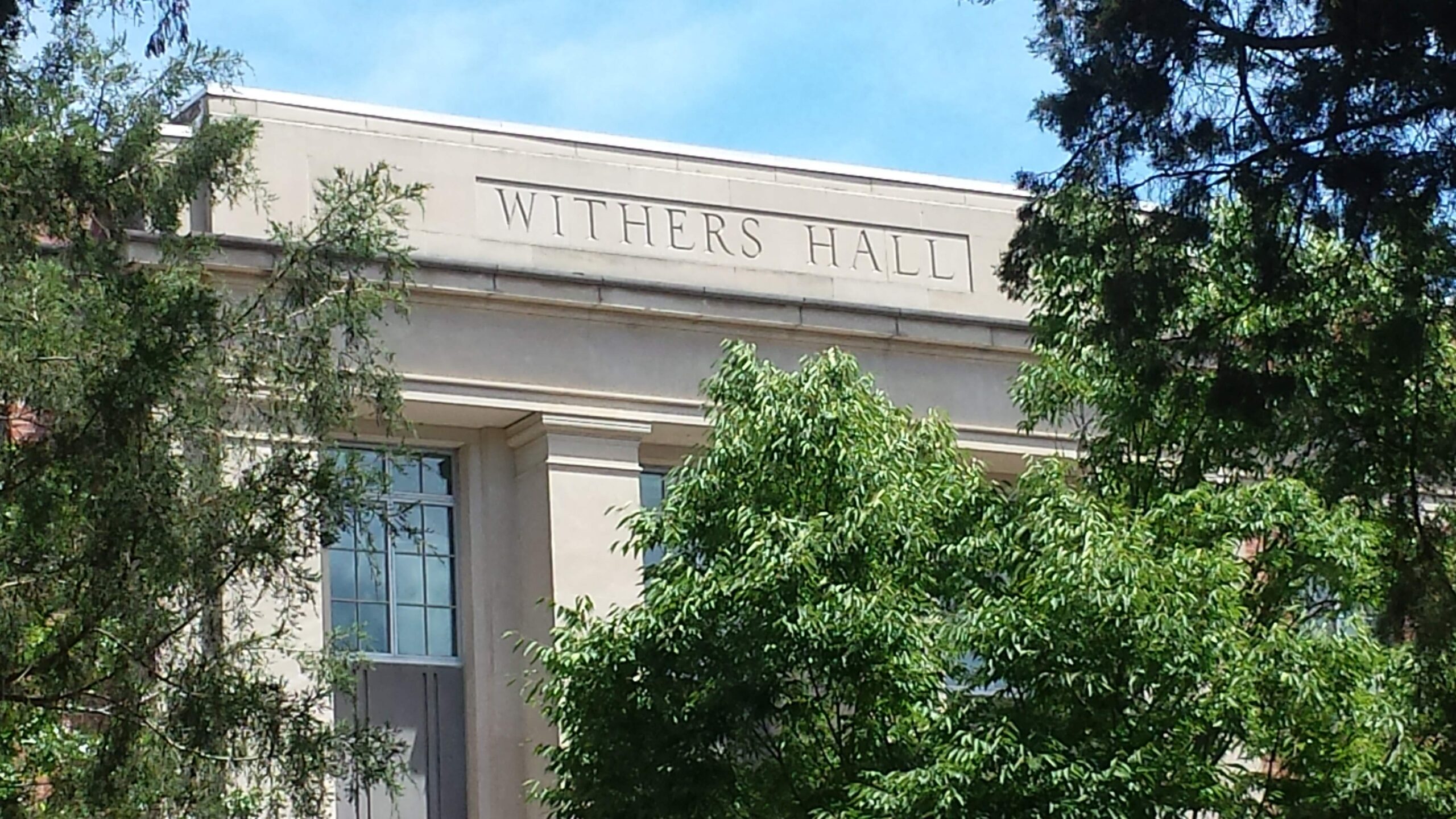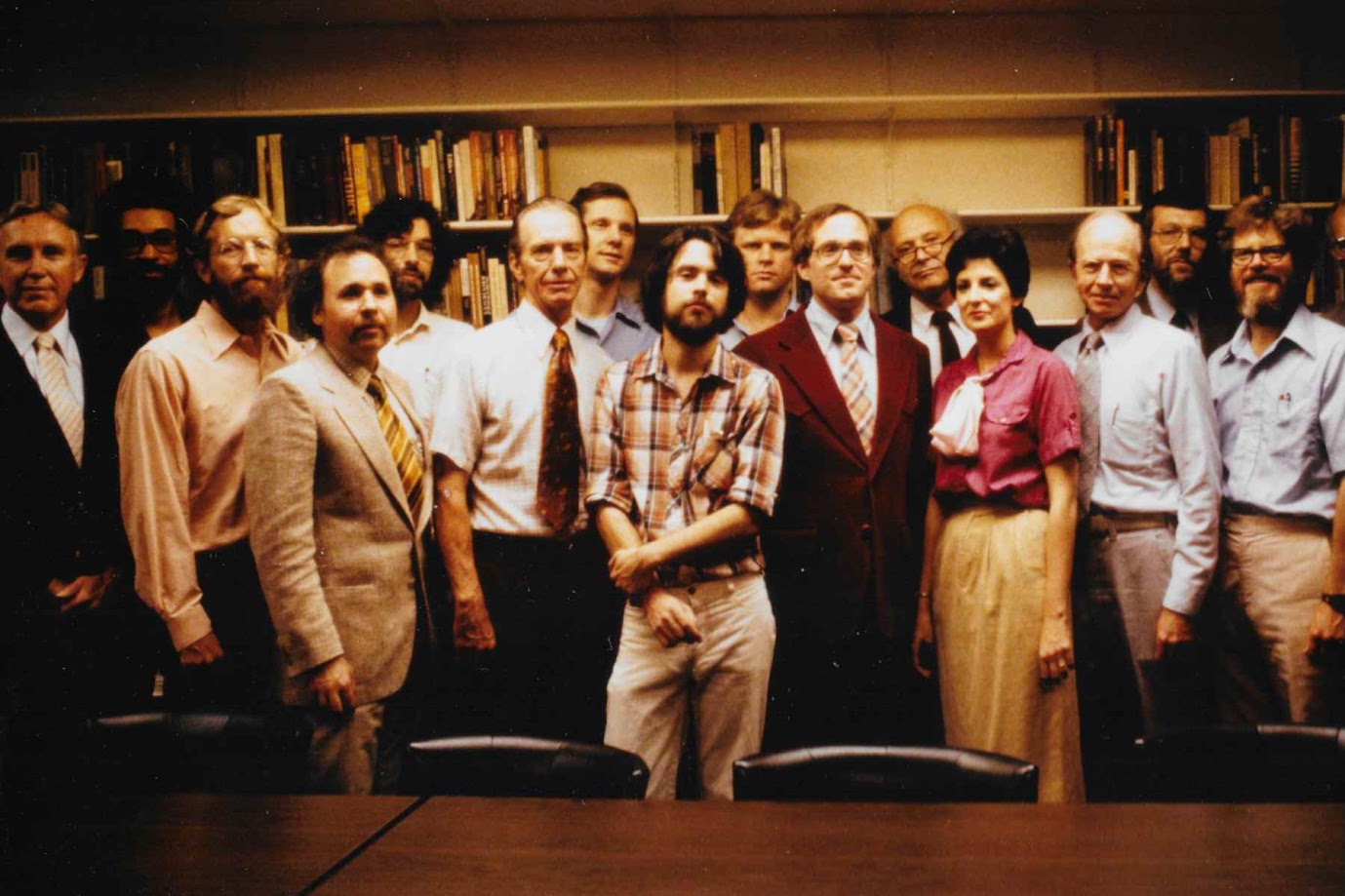Northwestern Scholar Gives Public Lecture on the Boundary between the Religious and the Secular

NC State’s annual Impact of Religion Lecture took place on April 13. This year’s speaker was Elizabeth Shakman Hurd, professor of political science and religious studies at Northwestern University. The title of her talk was “Decolonizing Secularism and Religious Freedom.”
Where the boundary between the religious and the secular is drawn is, Hurd argued, influenced by the entanglement of these concepts with European colonialism, their complex legal lives and their complicity in histories and hierarchies of domination, including racial domination. And where the boundary is drawn can make a major difference to what is protected by religious freedom.
To illustrate these points, Hurd observed that the activities of the mining industry in Guatemala interfered with the deep attachment of the K’iche people to their traditional land. But these interferences were not recognized as an infringement of K’iche religious freedom, because the K’iche’s relationship to their land was not acknowledged as religious. This was possible only because of a limited conception of religion as primarily a matter of belief, which applies well to Western religions but not to many other religions.

In another context, Hurd noted that the practices of Obeah in the Caribbean were widely classified as sorcery rather than religion, so had no claim to the protection of religious freedom. In fact, these practices were criminalized in Trinidad until 2000 and are still a crime in some places.
Hurd also observed that the American policy establishment is committed, and has long been committed, to a narrow conception of the religious that favors American interests and American national security. For it denies the status of religion—and hence the protections of religious freedom—to practices that are inconsistent with those interests or are seen as a threat to national security.
Hurd drew several noteworthy conclusions from the material she reviewed: that the role of religion in modernity is more complex than was previously thought; that the idea of the secular state is unclear and does not imply the state’s withdrawal from religion, for the secular state can and often does stand as an arbiter of what is to count as religious; and, most important of all, that it is necessary rethink the concepts of religion and politics and the boundary between them in new and fresh ways.


